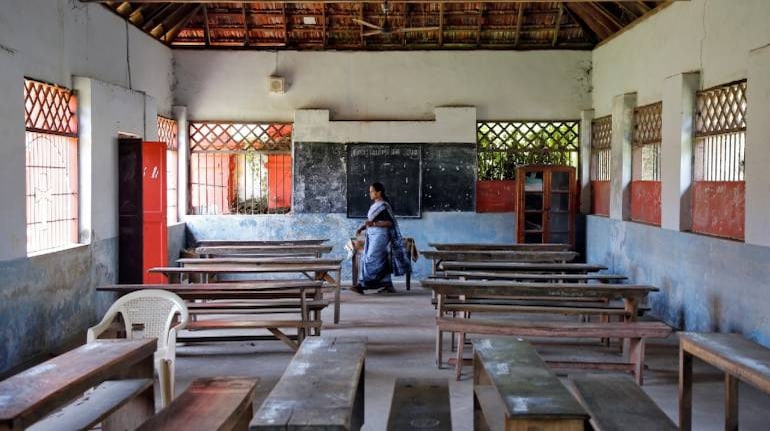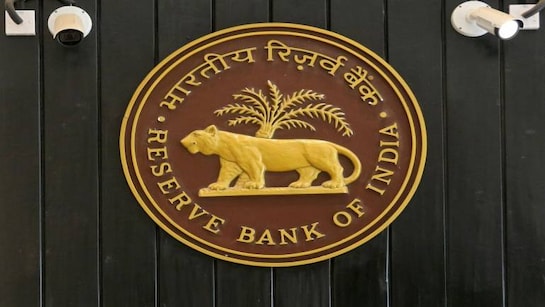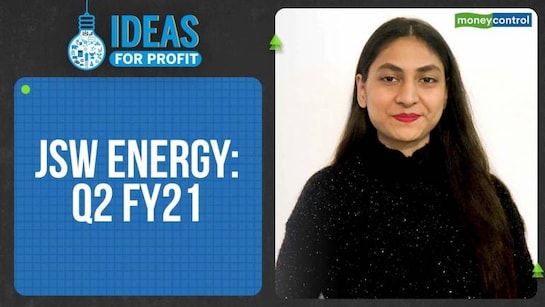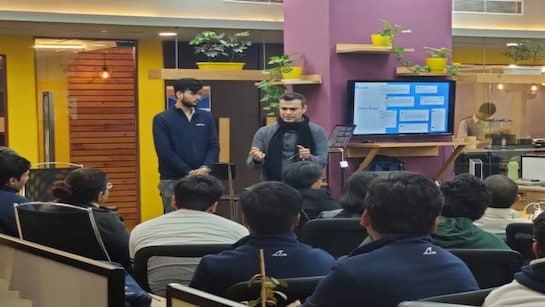Madhya Pradesh Schools For Classes 1-8 To Remain Shut Till March 31: CM Shivraj Singh Chouhan
The CM also said that no test would be conducted for the students of these classes this academic year and they would be evaluated on the basis of their project work.
PTI
Dec 5, 2020 / 05:11 PM IST
Delhi saw the literacy rates 88.7 percent. (Image: Moneycontrol)
Madhya Pradesh Chief Minister Shivraj Singh Chouhan has said that schools for Classes 1 to 8 in the state will remain shut till March 31 next year in view of the coronavirus pandemic.
He also said that no test would be conducted for the students of these classes this academic year and they would be evaluated on the basis of their project work.
The chief minister said this during a review meeting of School Education Department held on Friday.
"There will be no regular classes for the students of Classes 1 to 8 in the state till March 31, 2021. No test would be conducted for students of Classes 1 to 8 and they will be evaluated on the basis of the project work," Chouhan was quoted as saying in a press release.
"Schools for Classes10 and 12 would resume shortly for the Board exams. But social distancing and other norms will be fully observed in the classrooms to prevent the spread of COVID-19," he said.
Students of Classes 9 and 11 will be called to schools once or twice a week, Chouhan added.
Earlier, state School Education Minister Inder Singh Parmar had told PTI that the state has partially reopened schools from September 21 for Class 9 to 12 with limited students amid strict adherence to COVID-19 protocols.
He had said that the government might consider allowing more number of these students to attend classes gradually.
There are around 1.50 lakh schools, including private ones, across the state, officials said.
Follow our full coverage of the coronavirus pandemic here.












_2020091018165303jzv.jpg)



























